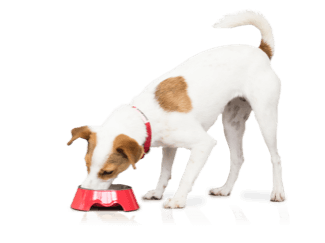
Puppy Advice
Learn everything you need to know about how to get life with a new puppy off to a flying start.
Displaying 12 of 33 articles
Popular Articles
Learn everything you need to know about how to get life with a new puppy off to a flying start.